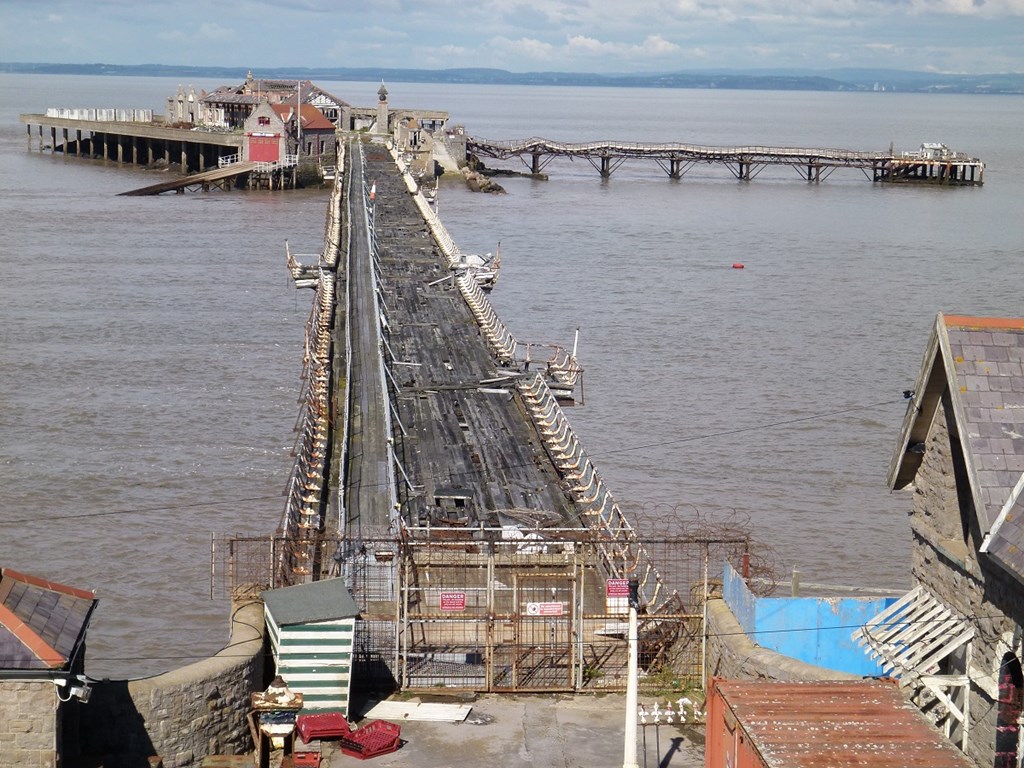Coastal communities, including port cities, seaside resorts and post-defence locations, have experienced significant social and economic restructuring over the last 30-40 years. Coastal settlements generally rank among the most deprived areas, as well as being especially vulnerable to the impacts of climate change.
This research highlights:
- the challenges of brownfield development on the coast;
- the delivery of sustainable mixed communities in waterfront regeneration;
- deprivation in seaside resorts; and
- the policy response of coastal planning authorities to climate change.
The key findings of the research inlude:
- While there is a plentiful supply of brownfield sites on the coast, one-fifth requires remedial treatment and over half is concentrated in less economically buoyant areas.
- A greater understanding of developer attitudes and behaviours in respect of coastal brownfield land might be of assistance to policy-makers and planners in devising effective instruments for unlocking private sector investment.
- The ability of planning to deliver public goods in waterfront regeneration schemes and climate change adaptation has been affected detrimentally because of the political priorities for economic growth. This has allowed developers to negate planning obligations on the basis of development viability.
- Planners also have capacity issues when formulating and implementing policy related to climate change adaptation at the coast. This includes a lack of useable information from climate science in a form that can be more easily justified and defended politically.
This research was conducted by Stephen Essex with students on the MSc Planning programmes at the University of Plymouth.
“
The role of planning and regeneration has become ever more fundamental to the economic, social and environmental future of coastal communities.
